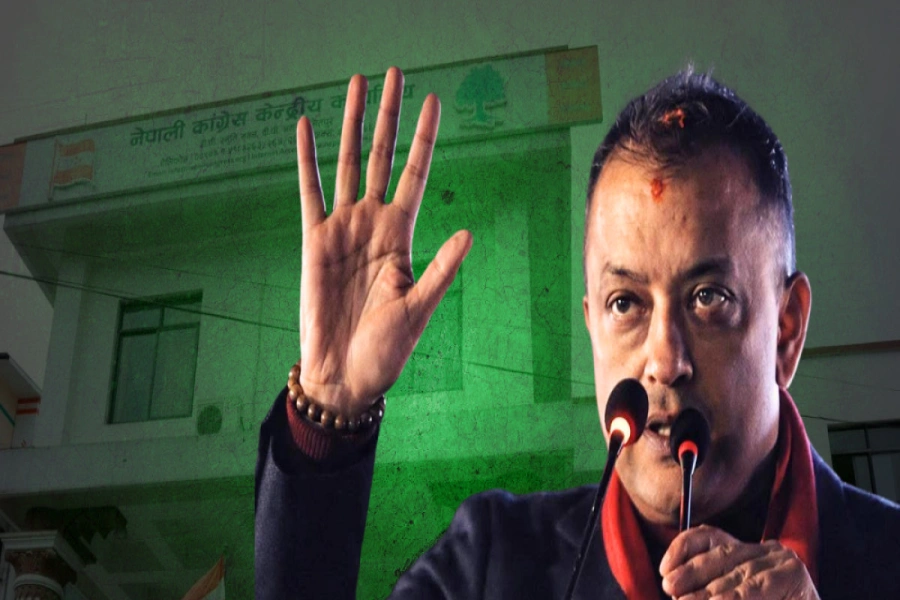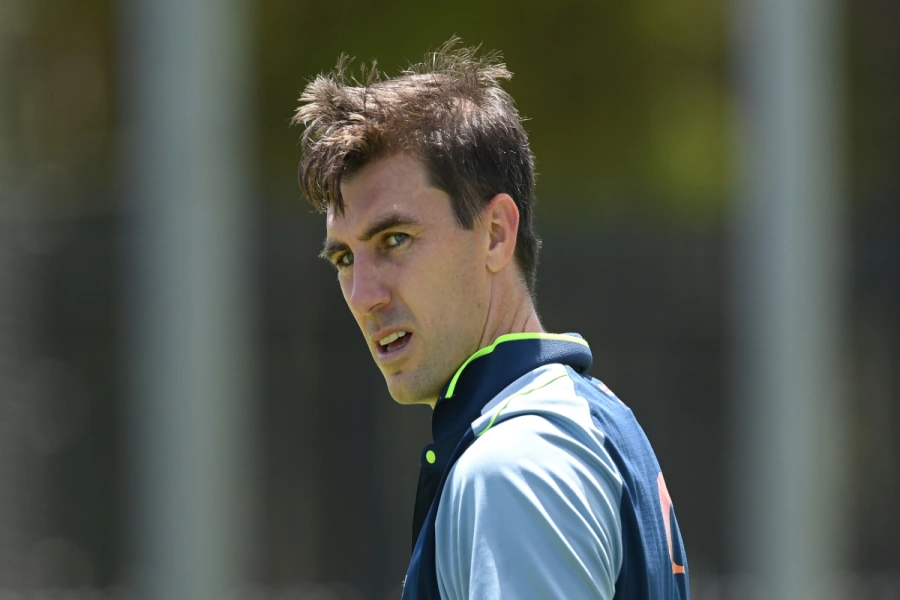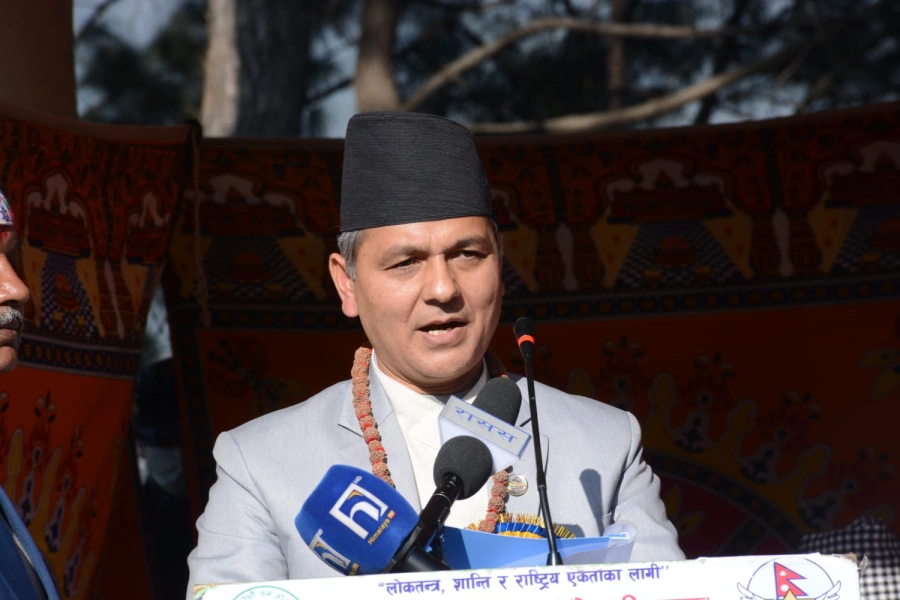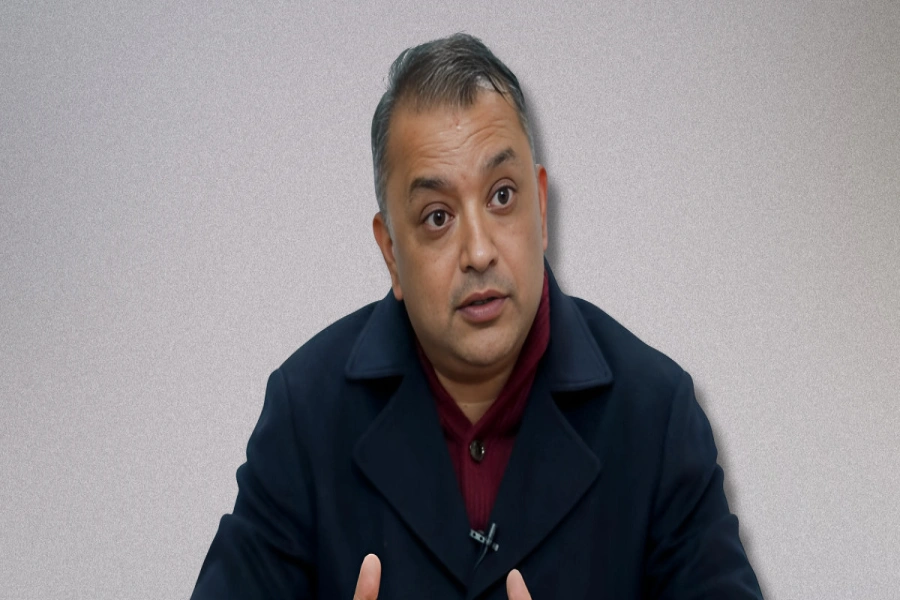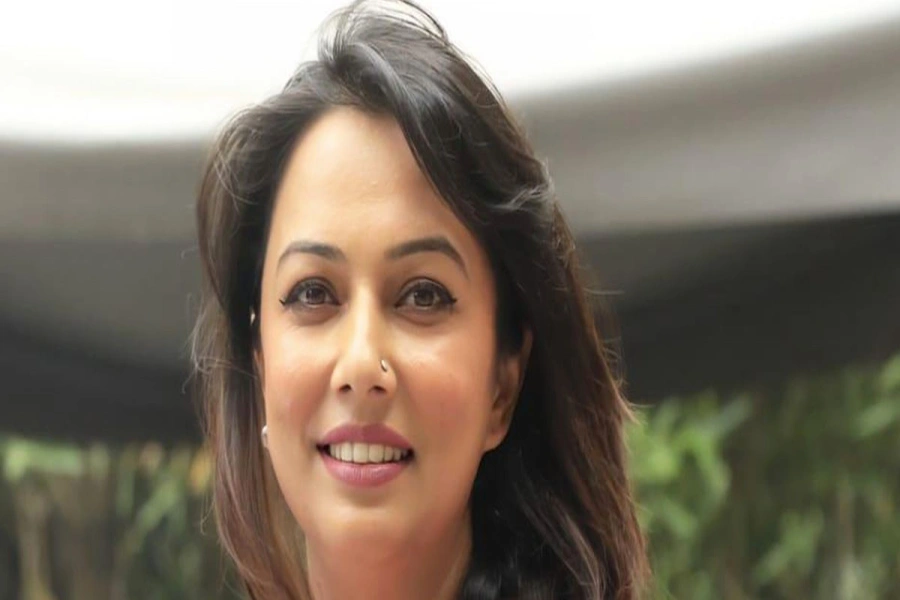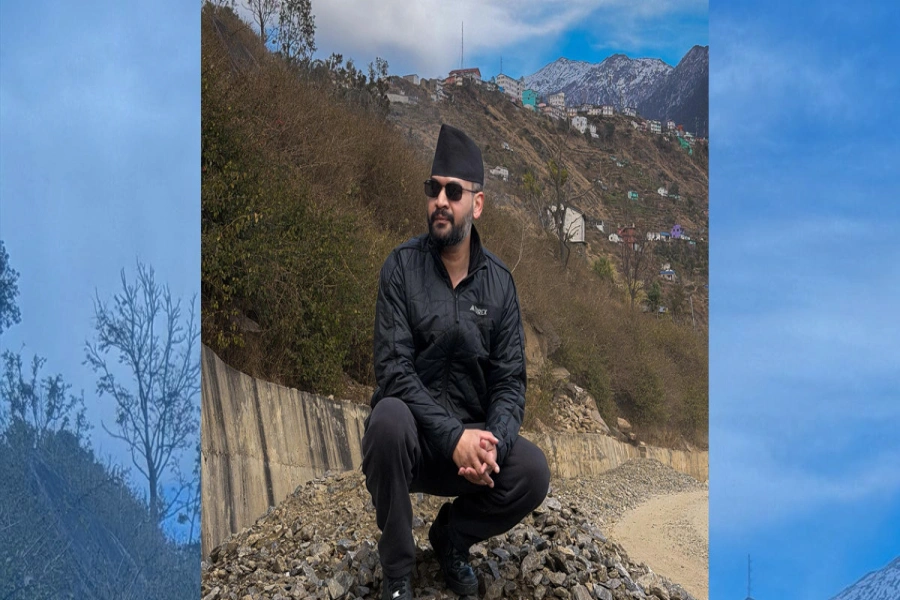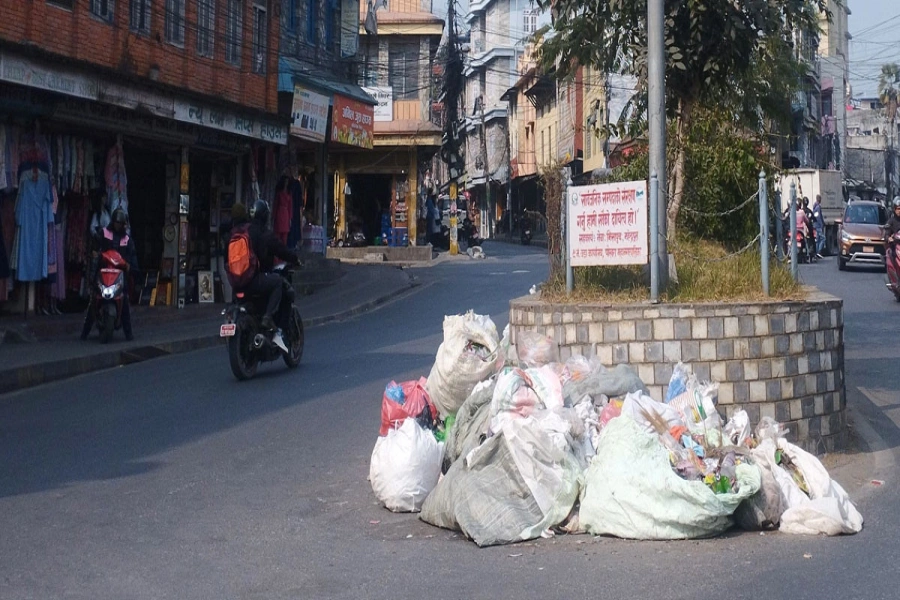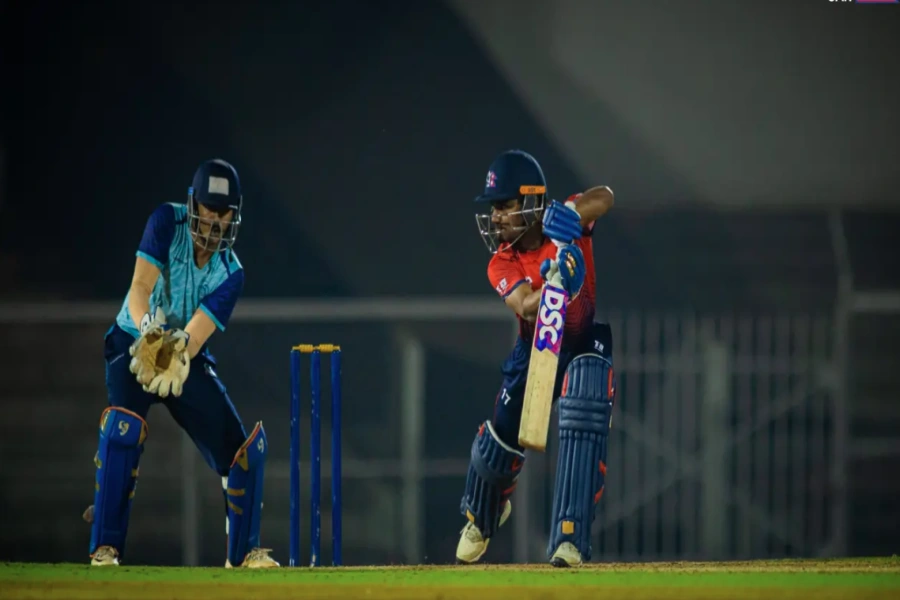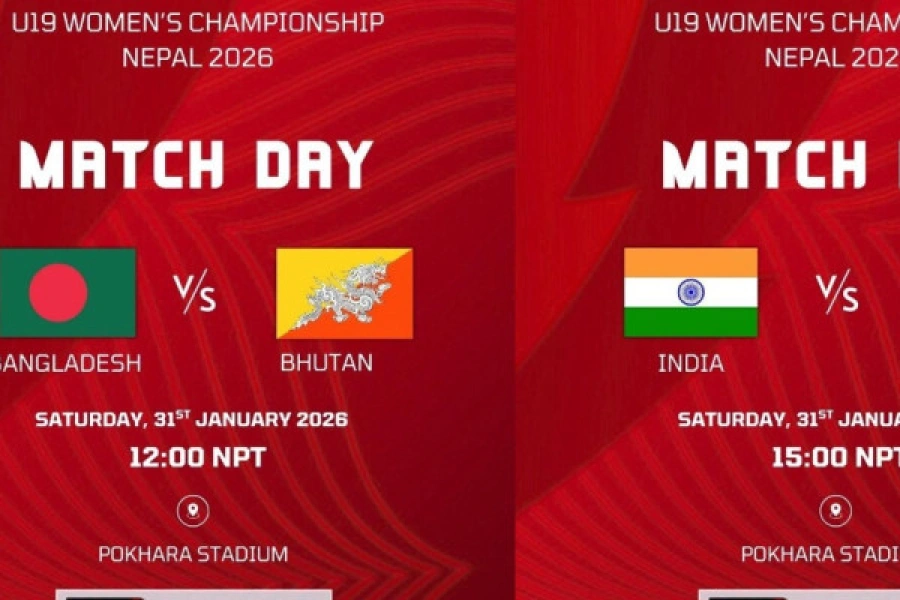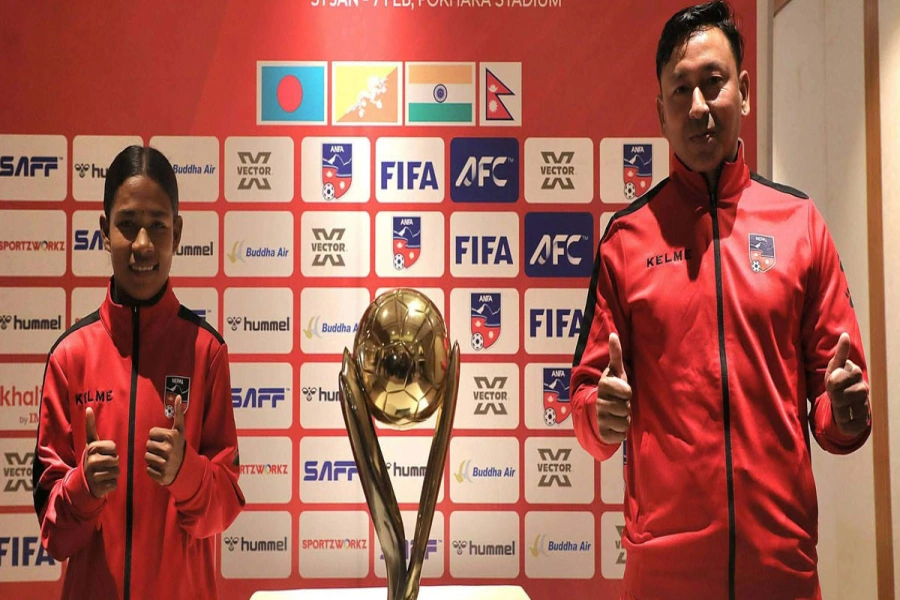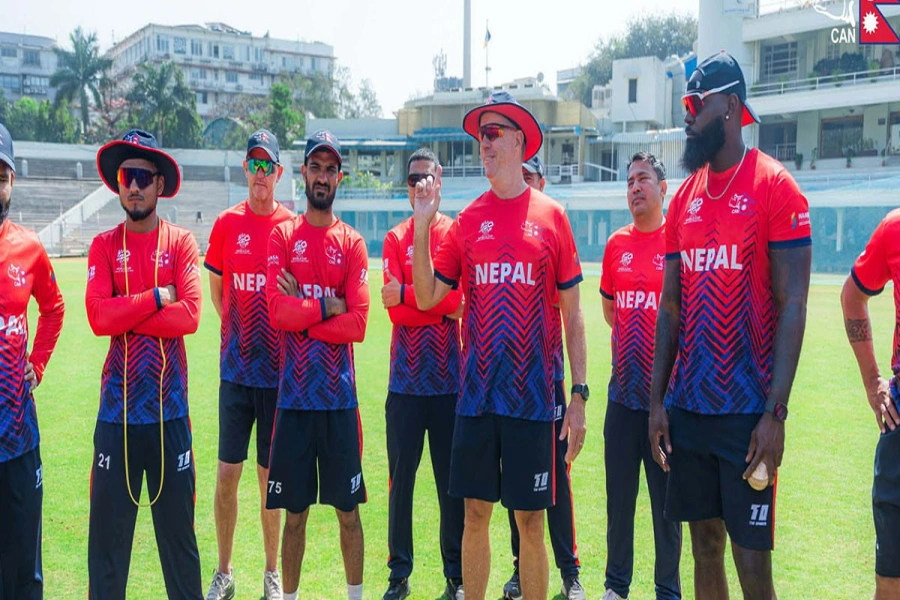Five days after the government signed nine-point agreement with Dr Govinda KC, who was on 27th day of his 15th hunger strike demanding crucial reforms in health and medical education, a key point of the nine-point agreement faces the risk of not being implemented. A point of the nine-point deal is related to taking action within two months against 43 officials held guilty by Medical Education Probe Commission (MEPC), which include officials of Tribhuvan University, Kathmandu University and Nepal Medical Council (NMC) among others. TU has visibly stood against action against its top officials like vice-chancellor, rector and registrar though they were found to be involved in issuing affiliations to medical colleges. The TU officials have questioned the legality of MEPC and argue that its recommendation is “not valid”. This is a deliberate attempt to betray the cause for which Dr KC put his life on the line several times.
Another tainted judge Yadav resigns

The MEPC report was submitted to the government of Sher Bahadur Deuba in February. TU’s Office of the Registrar dismisses the report challenging its legality and calling it “biased”. It would be a mistake to rubbish the report prepared by former chairman of the Special Court and joint-secretary from Ministry of Education and that had been unanimously endorsed. The validity of the report has been proven by the fact that when they (those held guilty) filed a writ petition at Supreme Court against the report the SC had declared the writ invalid. The MEPC was formed in April 2017 to investigate the controversies of medical education. It had recommended action against TU officials including vice-chancellor Tirtha Raj Khaniya, Rector Sudha Tripathi and Registrar Dilli Ram Uprety, appointed from the quota of Nepali Congress, then CPN-Maoist Center and CPN-UML respectively. There is a possibility of these officials urging their party leaders to stall action against them. But that will be unfortunate.
Some of these names have already earned defamation for TU in other ways as well. Vice-chancellor Khaniya, who has been proved to commit plagiarism, should have resigned from his post on moral ground immediately. It is rather unfortunate that he is challenging the report. Attempts to address Dr KC’s demands, and by extension bringing reforms in university institutions, has been marred by one or other political reasons. Political protection, even for those accused of wrongdoings, has allowed them to escape punishment net. This is precisely what needs to change at the moment. The government must not listen to their excuses. As the chancellor of Tribhuvan University it is up to Prime Minister K P Oli to ensure that none of those held guilty will escape punishment. Their complicity in awarding affiliations to medical colleges must be further investigated. PM Oli is obliged to take action against them because his government has signed agreement with Dr KC.


